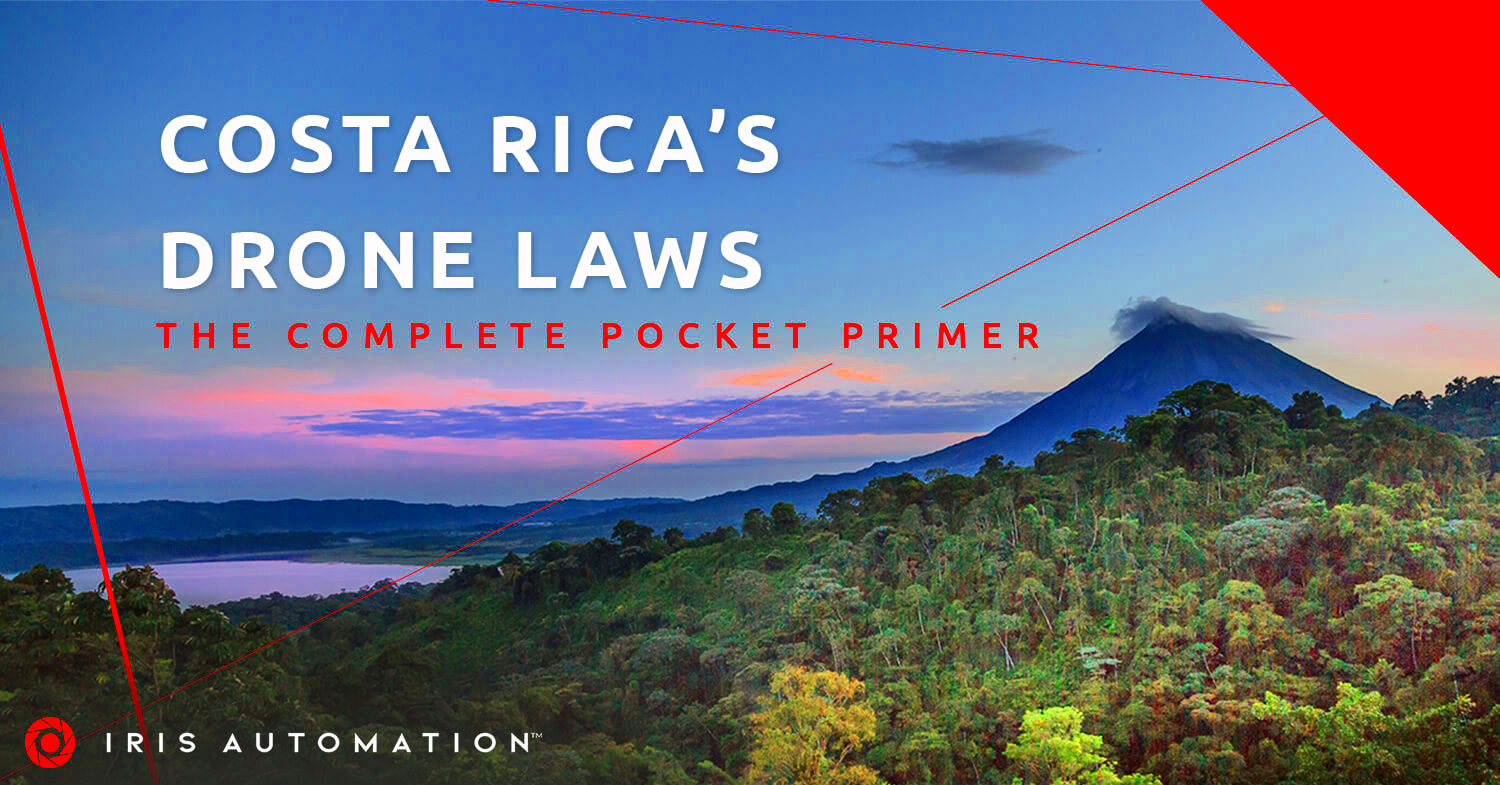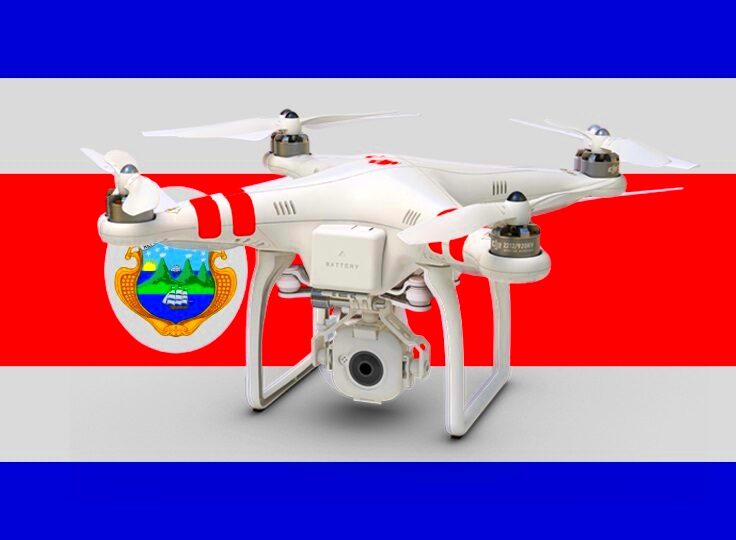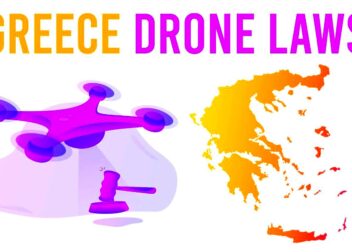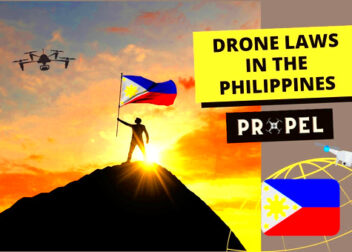Costa Rica Drone Laws Explained
In recent years, the popularity of drones has surged, and Costa Rica is no exception. With its breathtaking landscapes and vibrant wildlife, it’s no wonder that drone enthusiasts want to capture the beauty of this country from above. However, before you take flight, it’s crucial to understand the laws governing drone use in Costa Rica. These regulations are in place to ensure safety, protect privacy, and preserve the environment. Let’s explore what you need to know about flying drones in this beautiful Central American country.
Types of Drones Allowed in Costa Rica

In Costa Rica, not all drones are created equal. The types of drones permitted for use generally fall into a few categories:
- Hobbyist Drones: These are small, recreational drones often used for personal photography or fun. They typically weigh less than 2 kg and are relatively easy to operate.
- Commercial Drones: Used for business purposes such as aerial photography, surveying, and inspections, these drones may require additional permits and adherence to stricter regulations.
- Professional Drones: These are advanced drones used in industries like agriculture, construction, and media. They often have specific requirements for operation and certification.
Each category has its own set of rules and regulations, so it’s essential to identify which type you are operating to comply with the law.
Registration Requirements for Drones
If you plan to fly a drone in Costa Rica, registration is a key requirement. Here’s a breakdown of the registration process:
- Determine the Weight: Drones weighing over 250 grams must be registered.
- Gather Necessary Documents: You will need a copy of your identification, proof of ownership, and a technical description of your drone.
- Register with the Civil Aviation Authority: Submit your application along with the required documents to the Dirección General de Aviación Civil (DGAC).
- Receive Your Registration: Once approved, you’ll receive a registration certificate that must be kept with you during drone flights.
Failing to register your drone can result in fines or restrictions on your flying activities, so ensure you complete this step before taking to the skies.
Drone Operation Regulations in Costa Rica
Flying a drone in Costa Rica comes with specific regulations to ensure the safety of everyone involved, including the pilot, bystanders, and wildlife. Understanding these regulations is crucial for responsible flying. Here are some key points to keep in mind:
- Flight Altitude: Drones must be flown below 120 meters (approximately 400 feet) to avoid conflicts with manned aircraft.
- Visual Line of Sight: Pilots are required to maintain visual contact with their drone at all times, ensuring that they can control it effectively.
- Prohibited Areas: Avoid flying near airports, military bases, and other sensitive areas where drone use is restricted.
- Night Flying: Operating drones after dark is generally prohibited unless you have special permission.
- Insurance Requirements: While not mandatory for all drone operators, having liability insurance is highly recommended, especially for commercial use.
By adhering to these regulations, you can enjoy your flying experience while ensuring safety and compliance with Costa Rican law.
Airspace Restrictions for Drone Use
Understanding the airspace in Costa Rica is vital for safe drone operation. Certain areas have restrictions to protect sensitive locations and air traffic. Here’s what you need to know:
| Airspace Type | Restrictions |
|---|---|
| Controlled Airspace | Requires permission to operate; usually near airports. |
| Restricted Areas | No drone flights allowed (e.g., military zones). |
| National Parks and Protected Areas | Special permits may be needed to fly. |
| Urban Areas | Flying may be restricted to prevent privacy violations. |
Always check local regulations and airspace maps before flying to ensure you’re compliant and safe. Knowledge is your best tool for a successful flying experience!
Safety Guidelines for Flying Drones
Safety should always be a top priority when operating drones in Costa Rica. Following these guidelines will help you avoid accidents and ensure a smooth flying experience:
- Pre-Flight Checklist: Always inspect your drone for any damage or malfunctions before takeoff.
- Weather Conditions: Check the weather forecast. Avoid flying in strong winds, rain, or poor visibility.
- Respect Privacy: Be mindful of people’s privacy and avoid flying over private property without permission.
- Emergency Procedures: Have a plan for emergencies, such as low battery or loss of control. Know how to land safely in such situations.
- Stay Informed: Keep yourself updated on the latest drone regulations and any changes in the law.
By following these safety guidelines, you can enjoy the thrill of flying while minimizing risks to yourself and others. Happy flying!
Penalties for Violating Drone Laws
Understanding the penalties for violating drone laws in Costa Rica is essential for all drone operators. The consequences of non-compliance can vary depending on the severity of the violation. Here are some potential penalties you could face:
- Fines: Fines for violating drone laws can range from minor amounts for small infractions to significant sums for major violations. Always check the latest regulations for specific amounts.
- Confiscation of Equipment: If you fly in restricted areas or violate other serious regulations, authorities may confiscate your drone.
- Legal Action: In cases of severe violations, such as endangering lives or infringing on privacy, you may face legal proceedings that could lead to additional fines or penalties.
- Revocation of Drone License: If you hold a commercial drone license, repeated violations can result in the loss of your flying privileges.
To avoid these penalties, it’s crucial to familiarize yourself with Costa Rica’s drone regulations and operate within the law. Remember, it’s better to be safe than sorry!
FAQs About Costa Rica Drone Laws
Curious about the specifics of drone laws in Costa Rica? Here are some frequently asked questions that can help clarify your doubts:
- Do I need a license to fly a drone in Costa Rica?
Yes, if your drone weighs more than 250 grams, you need to register it with the Dirección General de Aviación Civil (DGAC). - Can I fly a drone in national parks?
Flying in national parks often requires special permits. Always check with local authorities before flying. - What happens if I fly in restricted airspace?
Flying in restricted airspace can lead to fines, confiscation of your drone, or even legal action. - Is insurance required for flying drones?
While not mandatory, obtaining liability insurance is recommended, especially for commercial use.
These FAQs address common concerns, but it’s always best to stay informed about the latest regulations and seek advice if unsure.
Conclusion on Understanding Costa Rica Drone Regulations
Understanding the drone regulations in Costa Rica is not just about compliance; it’s about ensuring a safe and enjoyable flying experience. Whether you are a hobbyist or a professional, adhering to the laws helps protect not only you but also the beautiful environment and community around you.
To recap:
- Familiarize yourself with the types of drones allowed and their specific regulations.
- Ensure your drone is registered if it meets the weight requirements.
- Always respect airspace restrictions and follow safety guidelines.
By keeping these points in mind, you can navigate the skies of Costa Rica confidently and responsibly. So get out there, enjoy the beauty of the land, and happy flying!


